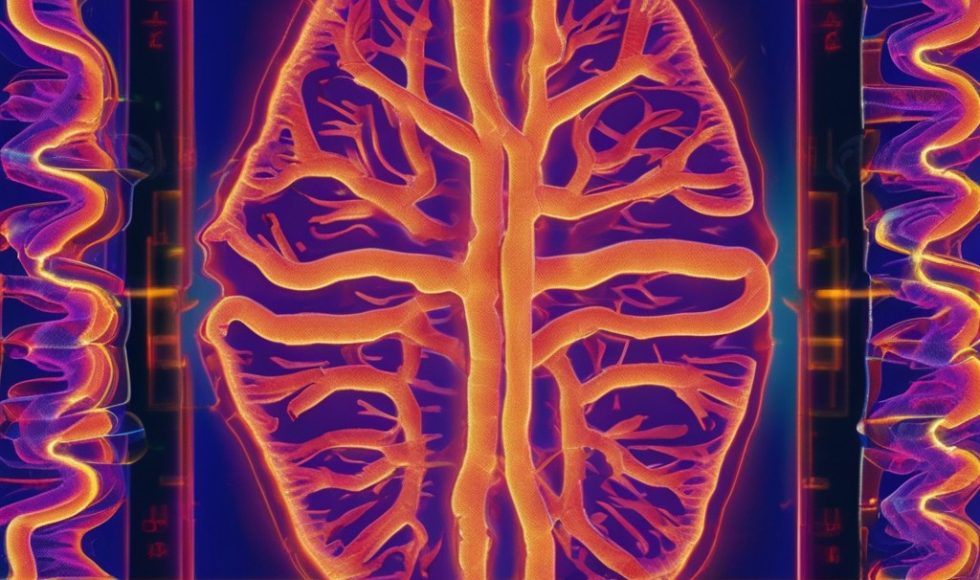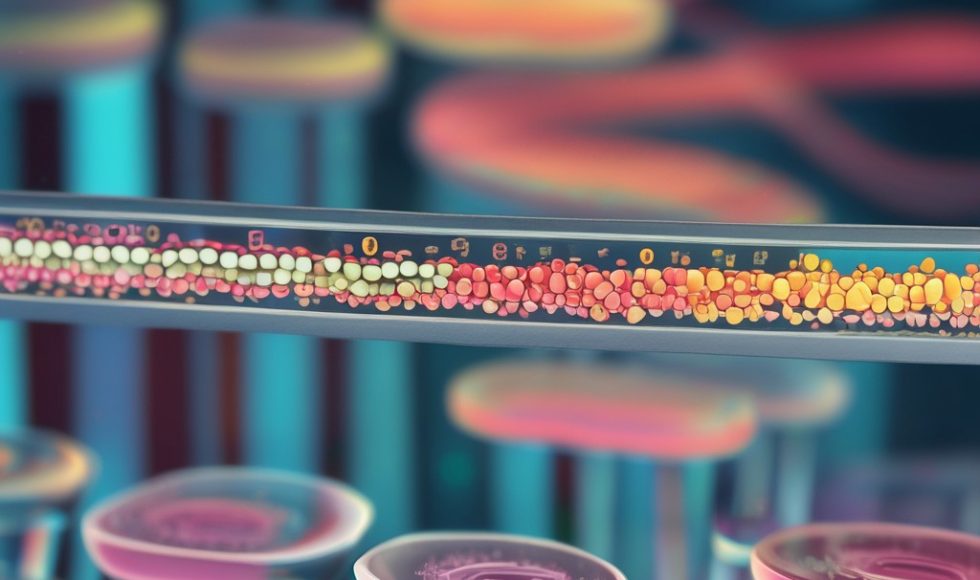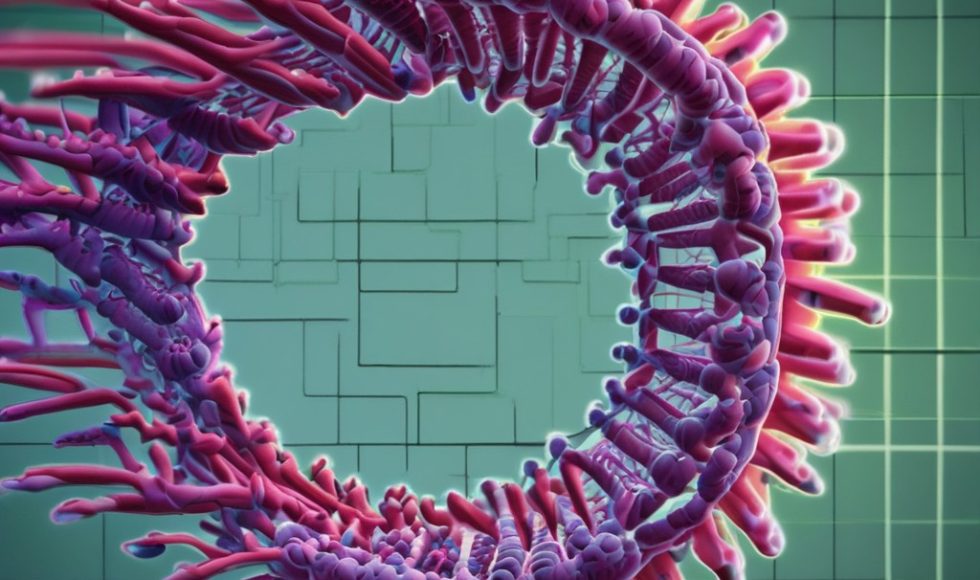I am preparing to go to Seattle tomorrow to visit the Allen Institute again! Tonight I watched Ronja Friedhoff from the Technische Universitat Braunschweig in Germany present at London Calling 2024. The title of the session is “Accessing the biosynthetic gene repertoire of medicinal plants.” Friedhoff started by asking, “What secrets are hidden in plant […]
We are back from the beach! Tonight, I watched Rosemary Bamford from the University of Exeter in the UK present at London Calling 2024 on “Full-length transcript atlas of the developing human cortex.” Bamford is from the Complex Disease Epigenomics Group, and they study disease-associated genomic variation. Bamford explained alternative splicing as a way of […]
Ping Lu from Peking University in China presented at London Calling 2024 on “Full-length RNA isoforms in human colorectal cancer at single-cell resolution.” Lu said colorectal cancer is the third most common cancer worldwide and the second leading cause of cancer death! Lu also mentioned that single-cell resolution is now necessary to better understand the […]
Darren Soanes from the University of Exeter in the UK spoke at London Calling about “DNA modifications in specific nuclei populations purified from human brain tissue.” Soanes is in the Complex Epigenetics Group at Exeter. They study cytosine modifications 5mC and 5hmC. The group has completed studies on methylation patterns in brain samples. Soanes noted […]
Morghan Lucas from the Medical Genetics Center in Germany presented at London Calling 2024 on “Genetic and epigenetic profiling of FSHD by nanopore sequencing.” Facioscapulohumeral muscular dystrophy (FSHD) is a genetic muscle disease affecting the muscles of the face, shoulders, and upper/lower limbs, Lucas explained. It is the third most common muscular dystrophy: 1:20,000. The […]
Rui Chen from Baylor College of Medicine presented at London Calling 2024 a session titled “Single-cell characterization of transcript isoforms with long-read RNA sequencing.” Their lab is interested in the retina since it is “the main target of irreversible blinding diseases.” In mice, there are over one hundred cell subtypes in the retina, noted Chen. […]
Billy Lau from Stanford University returned to London Calling 2024 and spoke about “Joint fragmentomic and methylation signatures of cfDNA for cancer detection.” They began by defining liquid biopsies for non-invasive cancer measurement as typically being blood draws used for sequencing and multi-omic analyses. They also explained how epigenetic reprogramming in cancer occurs and how […]
Tjakko van Ham from the Erasmus University Medical Center in the Netherlands presented at London Calling 2024. The session was titled “Combined RNAseq and long-read sequencing for unsolved cases.” They began by describing how, in a diagnostic lab, exome sequencing is typically used. However, copy number variants, sequence variants, and non-coding variants may be challenging […]
Mathilde Filser from the Curie Institute in France spoke about “Simultaneous methylation and fusion detection for pediatric tumor characterization” at London Calling 2024. They explained that neuro-oncology includes many entities and DNA methylation has an “undeniable impact.” The gold standard is the Illumina EPIC array. The lab developed a workflow for frozen brain tumor samples. […]
Julie Geyer from The University of North Carolina at Chapel Hill presented at London Calling 2024 on “Real-time genomic characterization of pediatric acute leukemia using adaptive sampling. They explained that leukemia can be acute myeloid leukemia or acute lymphoblastic leukemia. The presence of immature cells is typically performed with karyotype analysis, fluorescence in-situ hybridization (FISH), […]









